Legal malpractice cases serve as pivotal moments in legal history, shaping standards of professional conduct and highlighting the consequences of attorney negligence. Here are some notable cases that have left a lasting impact:
Lucas v. Hamm (1961) – California
Lucas v. Hamm is a landmark case in legal malpractice law. It set a precedent by establishing the standard of care attorneys owe to their clients. The California court emphasized the duty of lawyers to provide competent representation and adhere strictly to professional standards. This case underscored the importance of diligence and competence in legal practice, influencing subsequent legal ethics and professional responsibility doctrines nationwide.
Flatt v. Superior Court (1994) – California
In Flatt v. Superior Court, the California court addressed the issue of attorney negligence leading to adverse outcomes for clients. The case involved a lawyer’s failure to properly handle a settlement offer, resulting in a worse outcome for the client during trial. This decision reinforced the principle that attorneys can be held liable for malpractice if their actions or inactions directly harm their clients’ legal interests, particularly in settlement negotiations and trial preparation.
Younker v. Appalachian School of Law (2002) – Virginia
Younker v. Appalachian School of Law brought attention to legal malpractice claims involving educational institutions. In this case, a law school was sued for negligence in advising a student about eligibility requirements for the bar exam. The court’s decision highlighted the duty of educational institutions to provide accurate and comprehensive guidance to students pursuing legal careers, impacting standards for academic advising and professional preparation.
Truman v. Thomas (1980) – Wisconsin
Truman v. Thomas addressed the critical issue of missed deadlines in legal practice. The Wisconsin court ruled that an attorney’s failure to file a lawsuit before the statute of limitations expired constituted legal malpractice. This case underscored the importance of timely and diligent legal action, establishing that negligence in managing procedural deadlines can lead to significant financial and legal consequences for clients.
Johns v. Klecan (1972) – Ohio
Johns v. Klecan is a case where inadequate legal representation resulted in adverse consequences for the client. The Ohio court addressed malpractice claims stemming from a lawyer’s failure to conduct thorough investigation and present crucial evidence in a personal injury case. This decision emphasized the attorney’s duty to diligently prepare and advocate for clients, highlighting the risks of insufficient legal strategy and preparation in litigation.
Frederico v. Brock (1973) – New Jersey
In Frederico v. Brock, the New Jersey court examined the consequences of attorneys failing to adequately inform clients about settlement options. The case involved financial losses resulting from an attorney’s failure to obtain client consent before settling a case. This decision reinforced the principle that attorneys must ensure clients are fully informed and involved in decisions that significantly affect their legal rights and financial interests.
These cases illustrate diverse scenarios where legal malpractice claims have arisen due to negligence, breach of duty, or failure to meet professional standards. Each case has contributed to the evolution of legal principles governing attorney-client relationships and the responsibilities of lawyers in providing competent representation.
Understanding these pivotal cases is crucial for both legal professionals and clients alike, emphasizing the importance of diligence, ethical conduct, and adherence to professional standards in legal practice.
Legal Disclaimer: The information on this blog is for general informational purposes only and does not constitute legal advice. It is based on current legal standards but does not create an attorney-client relationship. For advice specific to your situation, consult a qualified attorney.
The views expressed are those of the individual authors and do not reflect those of any affiliated organizations or a single Katz Law Firm lawyer or agent. The accuracy and applicability of the information may vary. The blog owner and authors assume no liability for actions taken based on this content. Always seek professional legal counsel before making any legal decisions.



















